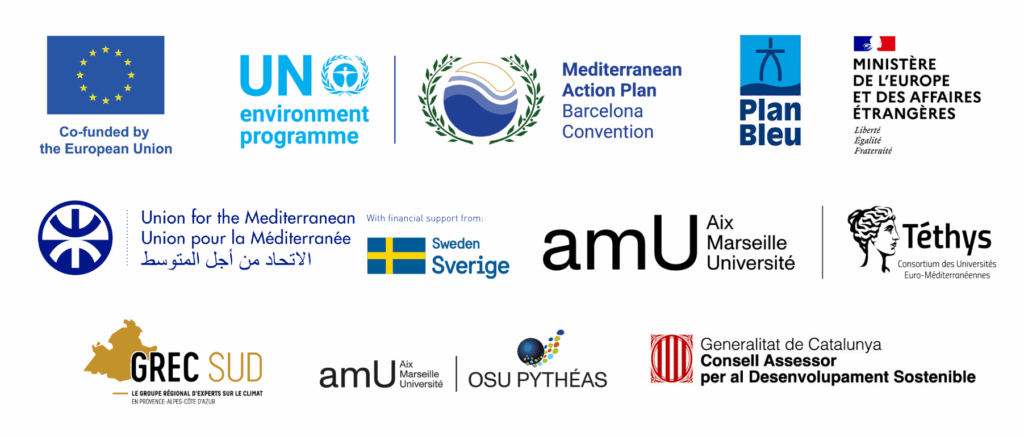MAR2, a new key reference report for the Mediterranean
The Second Mediterranean Assessment Report (MAR2) follows the First Mediterranean Assessment Report (MAR1) published by the MedECC in 2020, which assessed key risks from climate and environmental change. MAR2 also builds on subsequent Special Reports addressing emerging issues on coastal risks and the WEFE nexus.
The report will provide updated scientific knowledge on climate and environmental challenges, with a focus on the Mediterranean’s unique characteristics. It will assess progress in science since MAR1, and identify new knowledge and actions needed to address climate-related challenges. It aims to extend the scope of of MAR1 concerning social sciences and it will consolidate assessments of adaptation and attenuation policies and governance.
The preparation of MAR2 began in 2024 and the report is expected to be published in 2028. Like MAR1, it will assess scientific literature, undergo extensive review, and include a Summary for Policymakers (SPM) shaped by stakeholder consultation and approval.
MAR2 is authored by voluntary, independent scientists and benefits from benefits from stakeholder insights through collaboration with the United Nations Environment Programme/Mediterranean Action Plan (UNEP/MAP), the Union for the Mediterranean (UfM), and Plan Bleu.

Completion of the scoping phase
The first phase focused on selecting MAR2 coordinators and authors. Following an open call in September 2024, the Steering Committee appointed Mohamed Abdrabo (Egypt), Philippe Drobinski (France), and Marta Guadalupe Rivera Ferre (Spain) as MAR2 coordinators.
In February 2025, MedECC launched a call for experts and self-nominations to contribute to the scoping of MAR2 alongside a pre-scoping survey. The call invited experts from different disciplines and regions to express interest in contributing to MAR2 and to be considered for author roles. The survey collected views from institutions, organisations, scientists, knowledge holders, practitioners, and local communities across the Mediterranean to help identify priority themes for the report.
An online scoping meeting was held on 14 and 22 April 2025, where over 80 experts from 24 countries, representing diverse disciplines, regions, and genders, met online to define priority topics, the structure the report, and prepare the draft outline.
The outline was validated by the MedECC Steering Committee on 9 June 2025 and then submitted to stakeholders for consultation. Between July and 15 September 2025, the MEdECC received 175 comments, which will be analysed by the authors of the report to improve the outline and strengthen its policy relevance.
The outline covers the Mediterranean’s climate and environmental challenges, drivers of change, impacts and risks, adaptation and mitigation options, governance and finance mechanisms, and pathways for societal transformation. It is designed to integrate these themes rather than treat them in isolation, highlighting their interconnections with social, cultural, and economic dimensions. It will include a dedicated Summary for Policymakers, cross-cutting case studies, and data and monitoring sections.
Nomination of authors
MedECC has appointed 17 Coordinating Lead Authors and 43 Lead Authors from 17 countries to contribute in MAR2, representing a wide range of disciplines, countries, and backgrounds. A kick-off meeting was held on 16 July 2025 , introducing the writing methodology and work organisation. Additional researchers may still be appointed to address gaps in expertise or regional representation.

Entering the drafting phase
MAR2 is now in its initial drafting phase, during which authors assess relevant literature and prepare the Zero Order Draft (ZOD), based on the approved outline. The ZOD will undergo an internal review by authors and coordinators in early 2026.
The First Author Meeting will take place in early November 2025 in Marseille (France), hosted by the Téthys consortium of Euro-Mediterranean universities/Aix-Marseille Université (AMU). Over three days, the meeting will combine plenary discussions and parallel chapter workshops, to refine the report structure, develop key messages, identify overlaps and knowledge gaps, with a focus on advancing towards the ZOD by the end of 2025.

